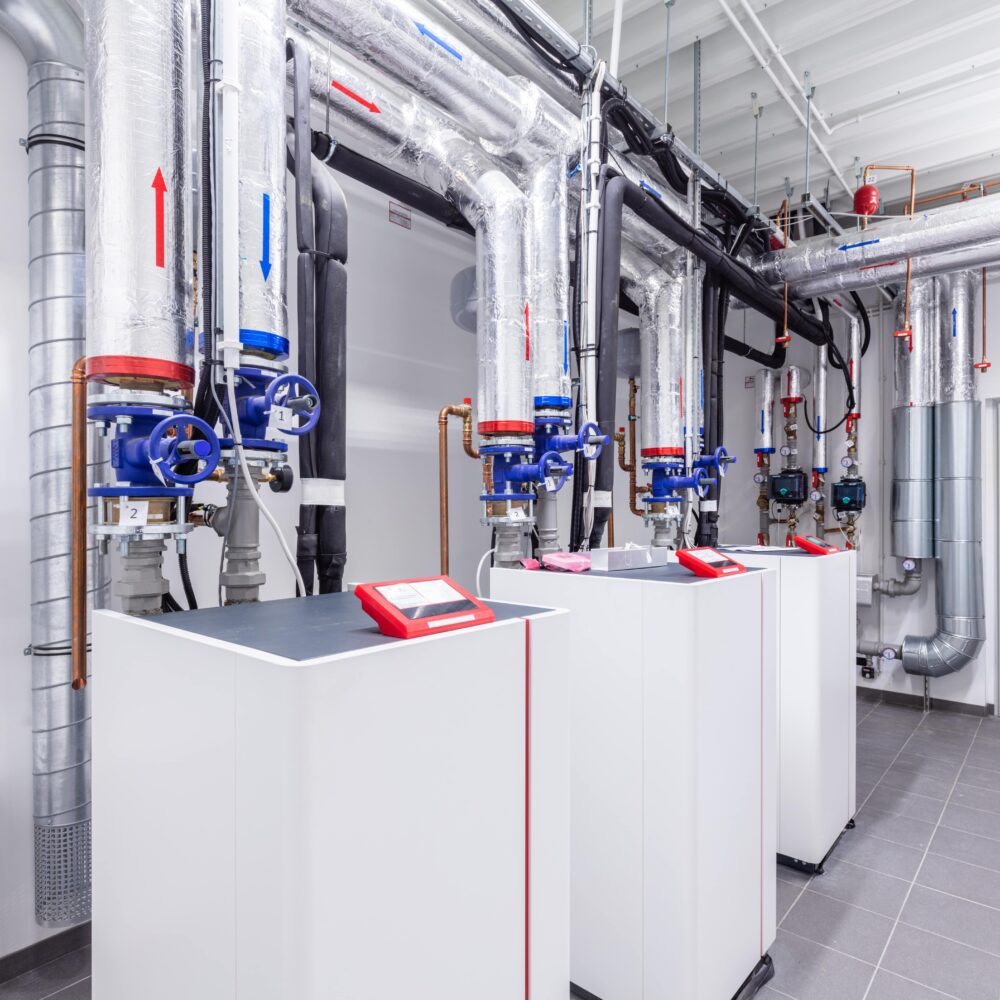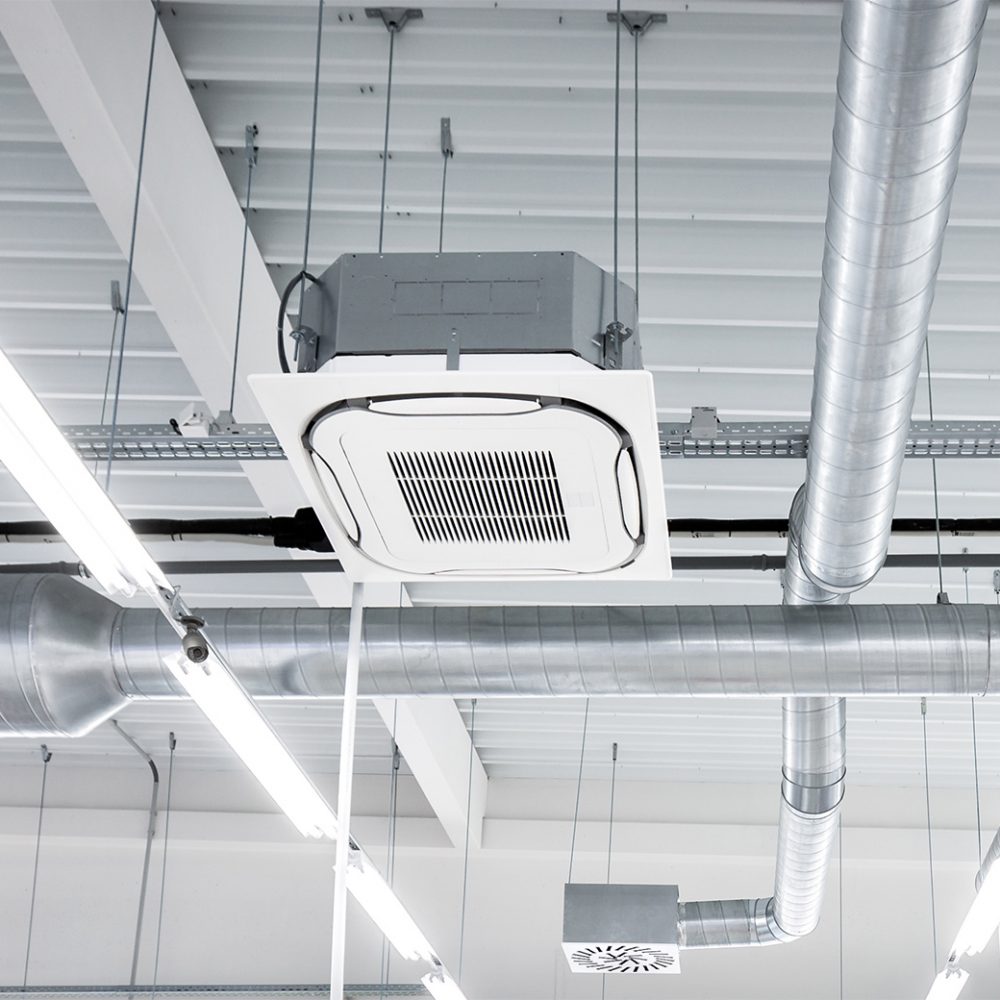

News
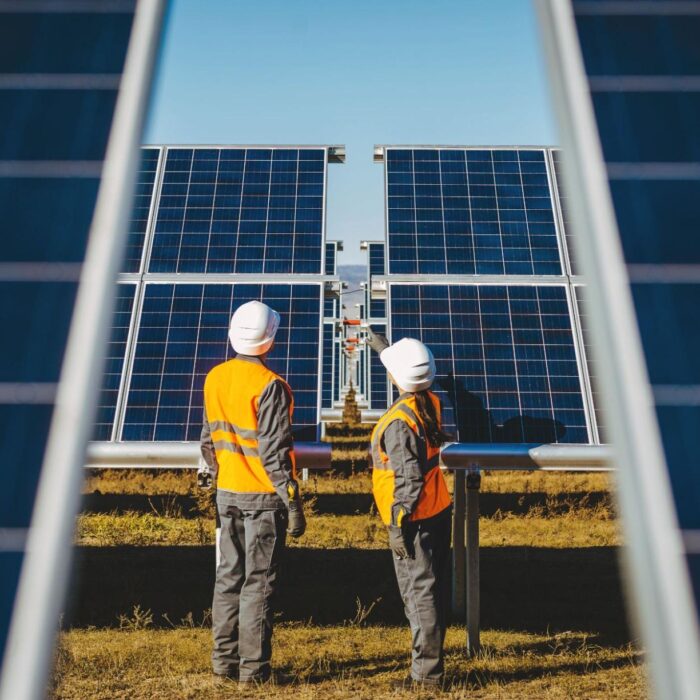
25th July 2024
The cost of renewable energy: Where to invest for the best payback
Renewable energy has emerged as a powerhouse in recent years for businesses and investors.
From solar to biomass, the barrier to entry has never been lower as the cost of renewable energy, in many cases, now presents a more lucrative opportunity for businesses to save money and reduce their carbon footprint.
In 2023, the UK’s drive to implement renewable energy infrastructure became more apparent than ever, with a record-breaking 47.8% of energy generated in the year’s first quarter being sourced from renewables.
This remarkable achievement is only set to be outdone as time goes on, with record government investment, financial incentives for businesses and households, and a general global push to create a greener tomorrow.
In this blog post, we will explore some of the intricacies and considerations that should be taken into account before getting started on your investment journey into renewable energy, and highlight the many benefits of doing so. Here’s why you should consider putting your money towards a sustainable future.
What type of renewable energy should your business invest in?
First things first, let us break down some of the most common forms of renewable energy and explore why each offers a unique investment opportunity for businesses with its own set of advantages and challenges.
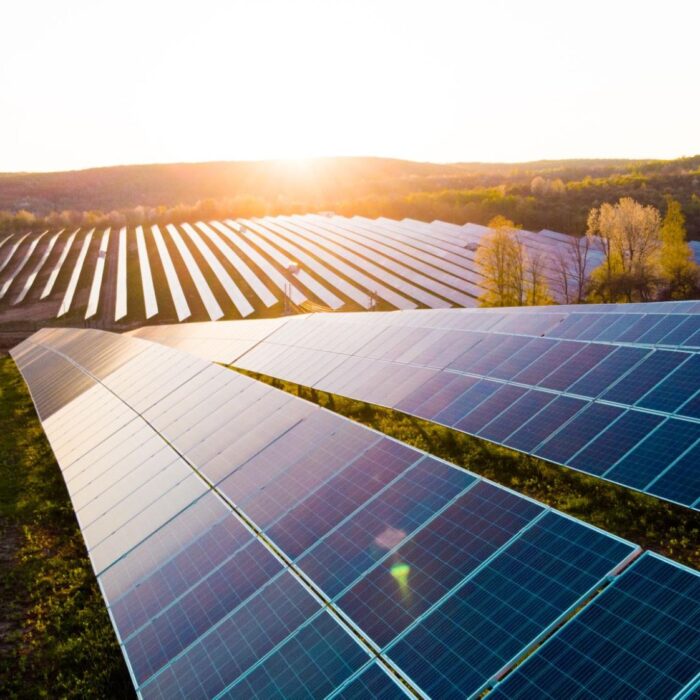
Solar energy
This involves the generation of electricity by converting the sun’s power into energy via photovoltaic (PV) cells that are contained within a solar panel. Simply put, this now commonplace technology can enable businesses and homes to generate their own clean electricity and reduce their reliance on the grid.
As things currently stand, solar power’s share in the UK’s total energy generation remains small, with 2023 seeing it contribute to approximately 4.9% of the total energy production. However, they now represent the fastest-growing energy source worldwide, driven by a confluence of technological advancements and financial viability.
What are the financial advantages granted by solar?
One of the most attractive aspects of solar power for businesses is its particularly quick payback period. Unlike some renewable energy options, solar installations can be recouped within just 5 years through significant savings on energy bills. This swift return on investment is fuelled by two key factors:
- Reduced installation costs: Mass production of solar panels has driven down installation costs significantly, making solar a highly competitive option in the ever-changing cost of renewable energy.
- Substantial cost savings: Solar-generated electricity is estimated to be less than a third of the cost of traditional grid-supplied power. This dramatic difference in energy prices translates into substantial savings that quickly offset the initial investment in a solar panel system.
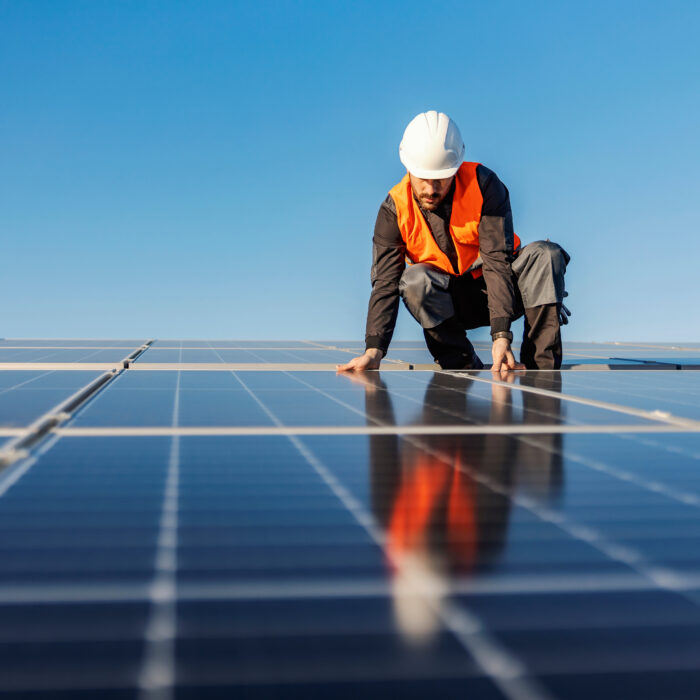
Solar energy
The financial benefits of solar extend beyond the rapid payback period. A typical commercial solar panel system can provide your business with free electricity for over 25 years.
This translates to long-term cost savings that significantly reduce your operating expenses over time. Additionally, solar power offers the potential for impressive returns on investment, with estimates suggesting up to 20% per year.
By embracing solar energy, businesses can not only reduce their reliance on the grid and minimise their environmental footprint but also achieve substantial financial gains.
With its rapid payback period, long-term cost savings, and attractive returns on investment, solar power stands out as a highly appealing renewable energy option for businesses in the UK.
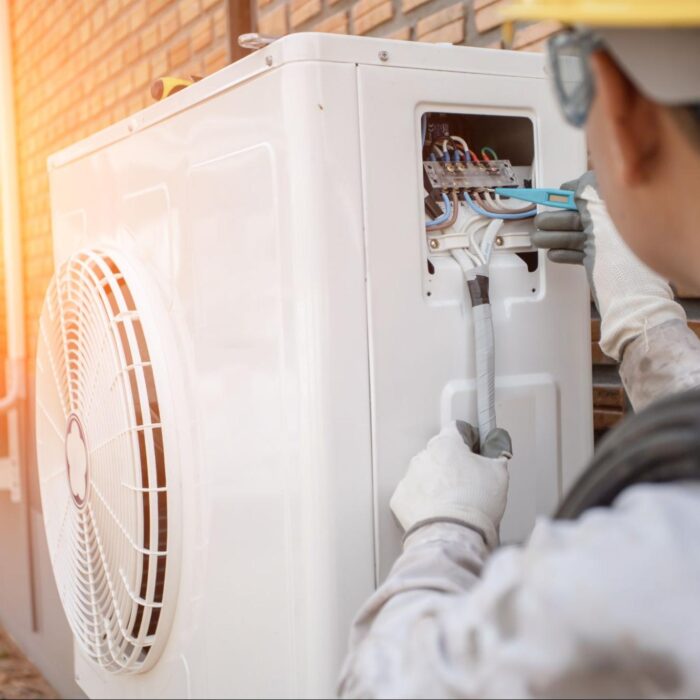
Heat pumps
Similar to solar panels that harness the sun’s power, heat pumps leverage the natural heat stored in the environment, air or ground, to provide efficient heating and cooling for businesses.
This innovative technology significantly reduces reliance on traditional gas or electric heating systems, leading to substantial reductions in the cost of renewable energy. There are two primary forms of heat pumps ideal for commercial applications:
Air Source Heat Pumps (ASHPs): Functioning like a reverse air conditioner, ASHPs extract warmth from outdoor air and transfer it indoors. These are a cost-effective option for most climates.
Ground Source Heat Pumps (GSHPs): Drawing upon the consistent temperature below the earth’s surface, GSHPs offer superior efficiency throughout the year. While installation costs are higher due to ground excavation, GSHPs boast lower running costs and extended lifespans.
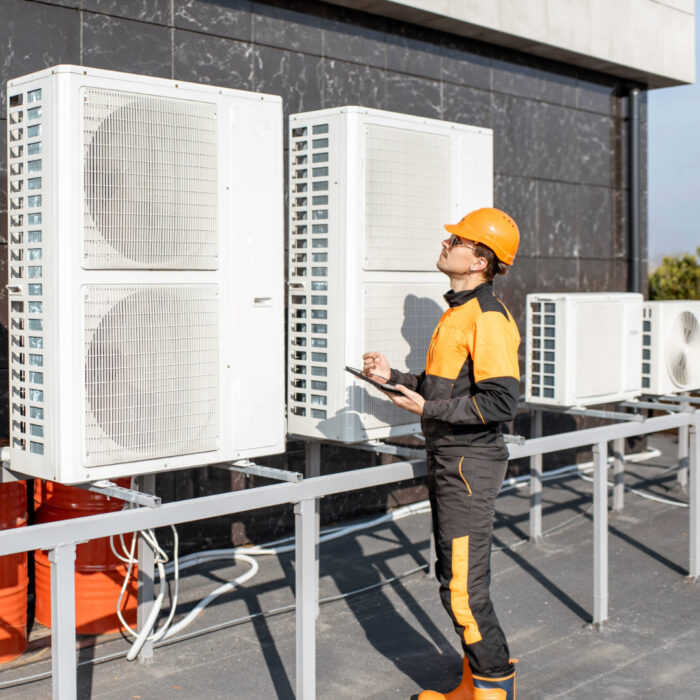
Maximising your investment
- Optimal sizing: Choosing the right size heat pump is crucial for peak efficiency. A qualified installer can assess your building’s specific needs to ensure the perfect fit.
- Building insulation: Properly insulated buildings make heat pumps even more effective. Investing in additional insulation can improve the payback period for your heat pump system.
- Climate considerations: ASHPs work best in temperate climates. If you are in a very cold region, consider a GSHP for consistent performance.
By investing in heat pumps, businesses can dramatically reduce their energy consumption, save money on utility bills, and contribute to a sustainable future. With government incentives and long-term cost savings, consider heat pumps as a strategic investment for your business.
Financial advantages of heat pumps:
- Reduced energy consumption: Heat pumps can slash heating costs by up to 70% compared to traditional electric resistance heating and 30% compared to gas boilers. These significant savings directly translate to your bottom line.
- Government incentives: Many countries offer grants and tax rebates to encourage businesses to switch to renewable energy. These incentives can significantly offset the upfront cost of installation.
- Lower maintenance needs: With fewer moving parts compared to traditional systems, heat pumps require less maintenance and fewer service calls, further reducing your operating expenses.
- Dual functionality: Many heat pumps are reversible, providing both heating and cooling, eliminating the need for separate systems and offering year-round comfort control.
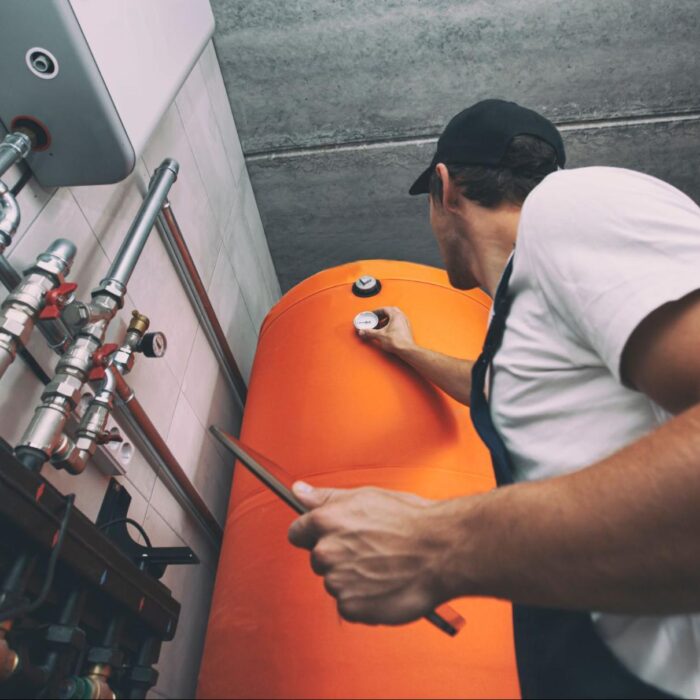
Hybrid heat pumps
While standard heat pumps offer impressive efficiency, some businesses may hesitate due to concerns about performance in extreme climates. This is where hybrid heat pump systems step in, offering a strategic blend of renewable technology and reliable backup.
These innovative systems combine a heat pump with a traditional boiler, creating a versatile and cost-effective solution.
Heat pump efficiency: During moderate weather, the heat pump takes centre stage, extracting heat from the environment and providing efficient heating or cooling with minimal energy consumption.
Boiler backup: When temperatures plummet or peak heating demands arise, the boiler seamlessly activates, ensuring consistent comfort levels regardless of the external conditions.
Financial advantages of hybrid systems:
- Reduced energy bills: During most of the year, the heat pump handles the workload, leading to substantial savings compared to relying solely on a boiler.
- Government incentives: Many countries offer grants and tax breaks for businesses transitioning to renewable energy sources. These incentives can significantly offset the upfront cost of installation.
- Flexibility for all climates: Unlike standard heat pumps, hybrid systems excel in a wider range of climates. Whether you face scorching summers or frigid winters, hybrid systems maintain consistent comfort without compromising efficiency.
- Lower maintenance costs: Similar to standard heat pumps, the hybrid system has fewer moving parts compared to traditional boilers, resulting in lower maintenance needs and fewer service calls.
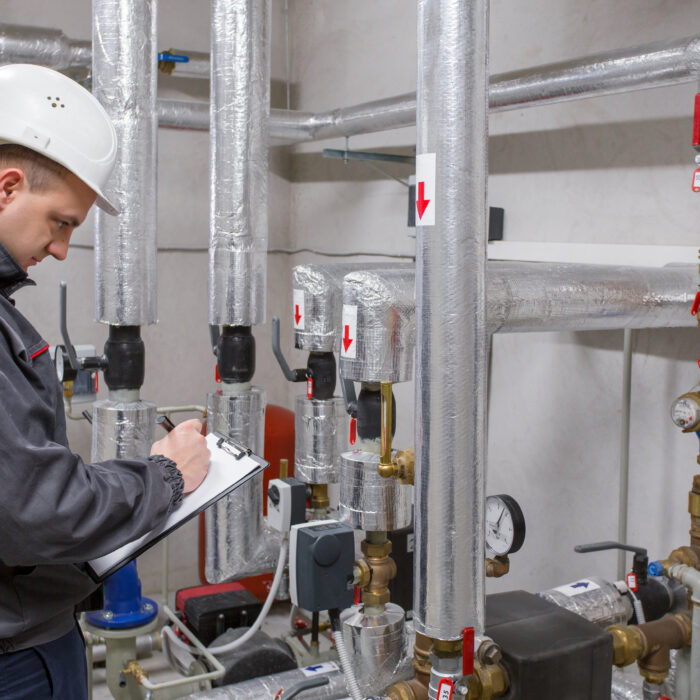
Optimising your investment:
- Matching your needs: A qualified installer will assess your building’s specific heating and cooling requirements to recommend the ideal hybrid system configuration, ensuring a lower cost of renewable energy.
- Building insulation: Properly insulated buildings allow the heat pump to function at peak efficiency, maximising your return on investment.
- Fuel source flexibility: Hybrid systems can pair with various boiler fuels, allowing you to choose the most cost-effective option for your region.
By embracing hybrid heat pump systems, businesses can enjoy the benefits of renewable technology, lower energy consumption, reduced reliance on fossil fuels, while maintaining a safety net with the traditional boiler for extreme weather conditions.
With government incentives, energy savings, and long-term cost benefits, hybrid heat pumps offer a compelling investment for businesses seeking both sustainability and reliable comfort control.

Wind energy
This is one that many will be familiar with, as we regularly see monolithic turbines standing tall in our fields and off our coast. As of 2023, the UK was home to over 2,000 wind farms, whose turbines harness the power of wind to spin generators which, in turn, produce electricity.
Wind turbines are currently a much bigger asset to the UK’s renewable energy supply than solar, as our currently unrivalled mixture of onshore and offshore wind farms is said to contribute approximately 29.4% of the UK’s total electricity generation.
The benefits for businesses
While the cost of renewable energy sources is a major consideration for businesses, wind power offers several compelling reasons to consider it:
- Sustainable and clean: Wind energy is a “native energy” source, readily available throughout the UK. It produces no harmful emissions and is a renewable resource, making it a responsible choice for the environment.
- Long lifespan and low maintenance: Wind turbines are built to last, boasting a lifespan of up to 25 years. Maintenance needs are minimal, typically requiring attention only every few years. This translates to reliable, long-term energy generation for your business.
- Reduced energy costs: Over time, the savings on your energy bills can offset the initial cost of installation. Wind power becomes a cost-effective investment, allowing you to reinvest the savings into other areas of your business.
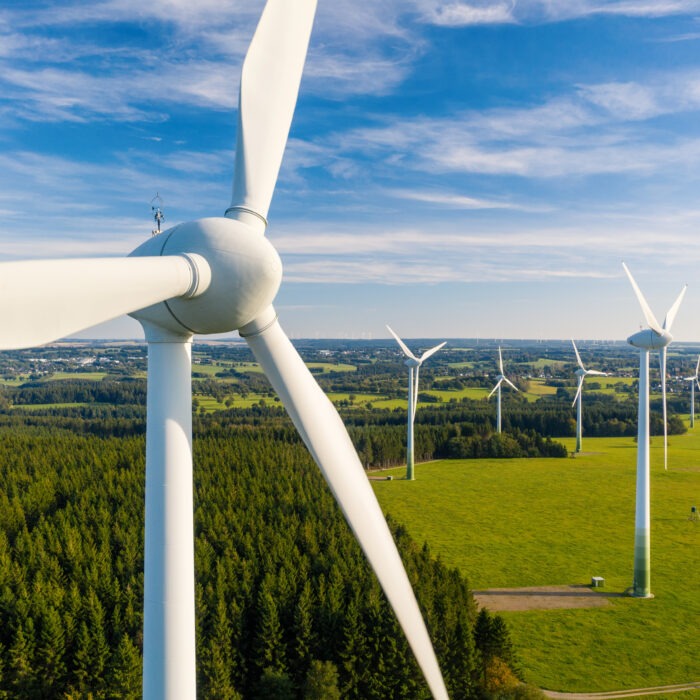
Wind energy’s payback period can vary greatly - Here’s why
Wind power can offer an attractive payback proposition for businesses under certain circumstances. While the upfront cost of installing wind turbines can be significant, the savings on energy bills over time can offset the initial investment. The key factors influencing payback period are:
- Wind speed: Locations with consistently strong winds will see a faster payback due to higher electricity generation.
- Turbine size and efficiency: Larger, more efficient turbines can generate more electricity, leading to a shorter payback period.
- Government incentives: Financial incentives for renewable energy sources like wind power can significantly reduce upfront costs and accelerate payback.
While specific payback periods can vary, wind power’s potential for long-term cost savings and its contribution to a sustainable future makes it a compelling option for businesses with access to suitable wind resources and supportive government policies.
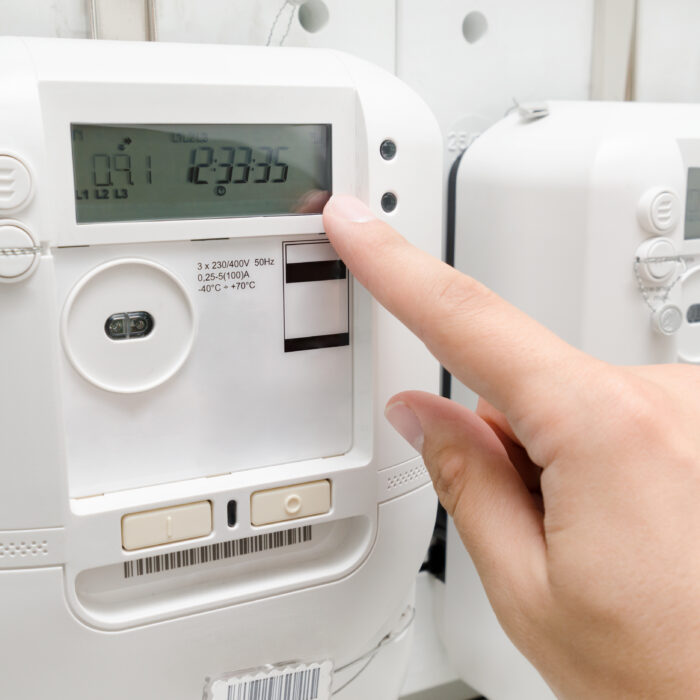
How can Enright Environmental help?
Ultimately, renewable energy options for businesses are plentiful and are well worth the time and money that must first be invested in order to get the most out of them. The challenge businesses must face is deciding which energy source is right for them, factoring in environmental factors, financial incentives and much more.
Here at Enright Environmental, we can help you find which solution best suits your business and will deliver the optimal payback period based on your particular needs. Get in touch with a member of our expert team to find out more about the renewable energy options available to your business.
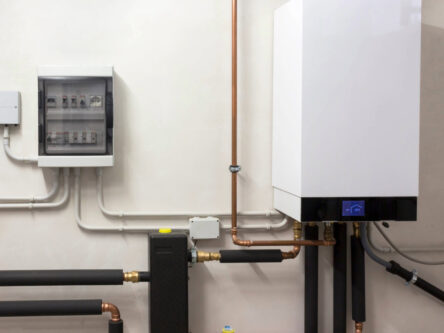
12th November 2024
What does boiler maintenance involve
A commercial boiler provides the primary source of heating and hot water for any business property. Despite
Read More »
9th July 2024
Legionella prevention: How to ensure the safety of your HVAC system
A commercial building owner in charge of HVAC systems should be aware of Legionella bacteria pneumophila, a
Read More »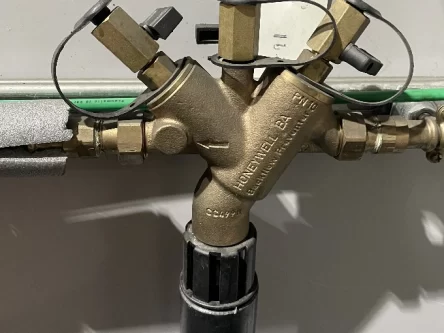
20th June 2024
Ensuring safe water supply: the critical role of RPZ valves in commercial premises
From busy factories and educational facilities to office blocks, all commercial spaces require a safe and uncontaminated
Read More »